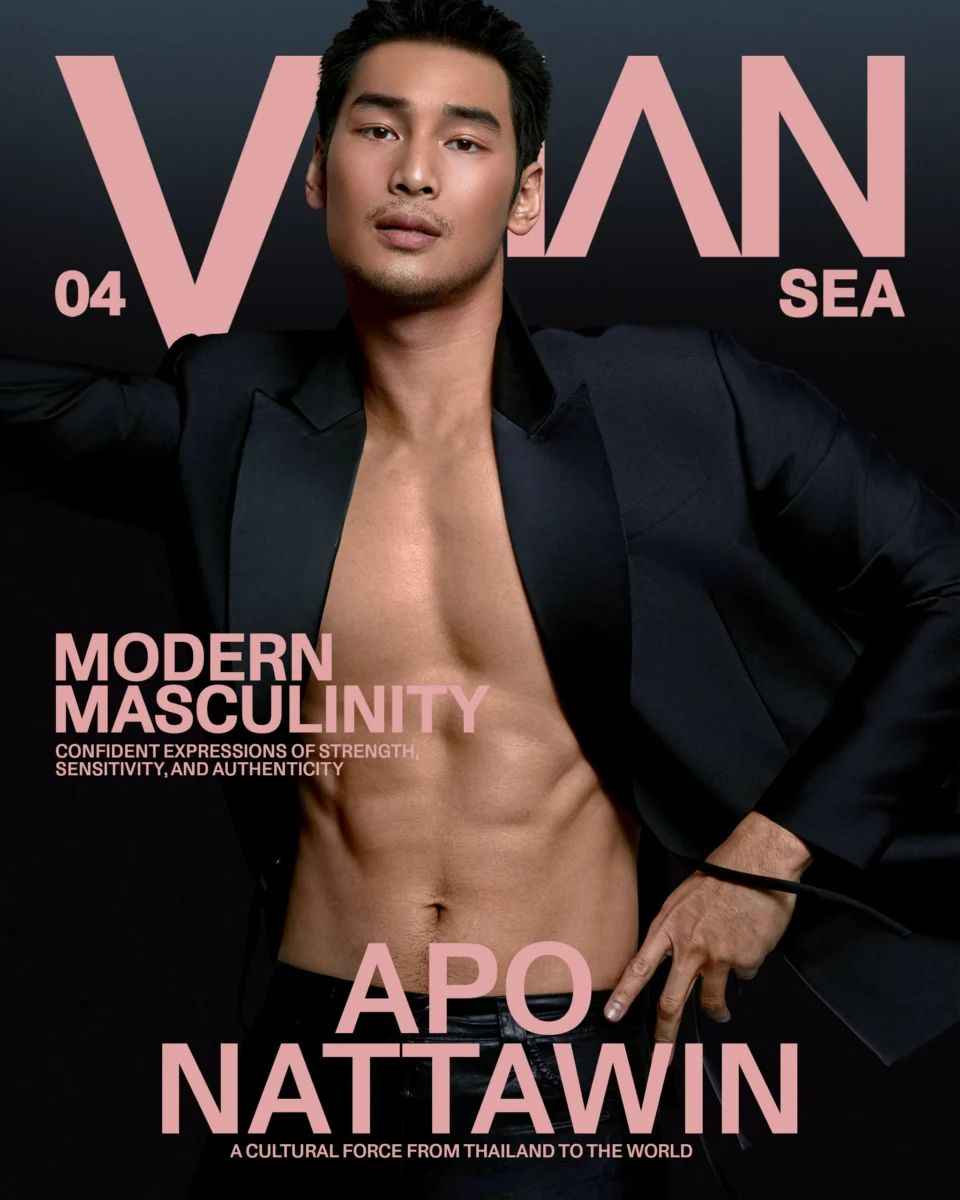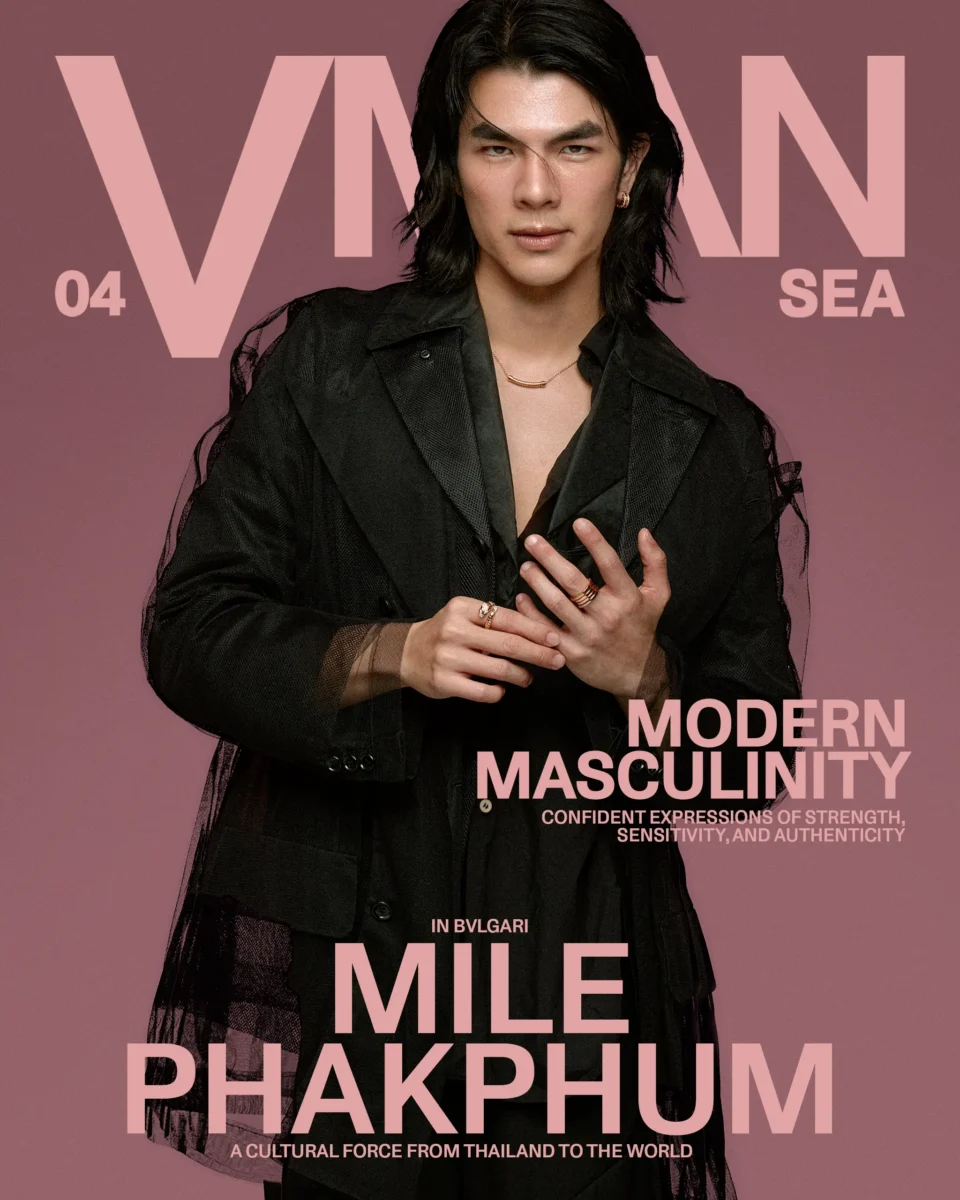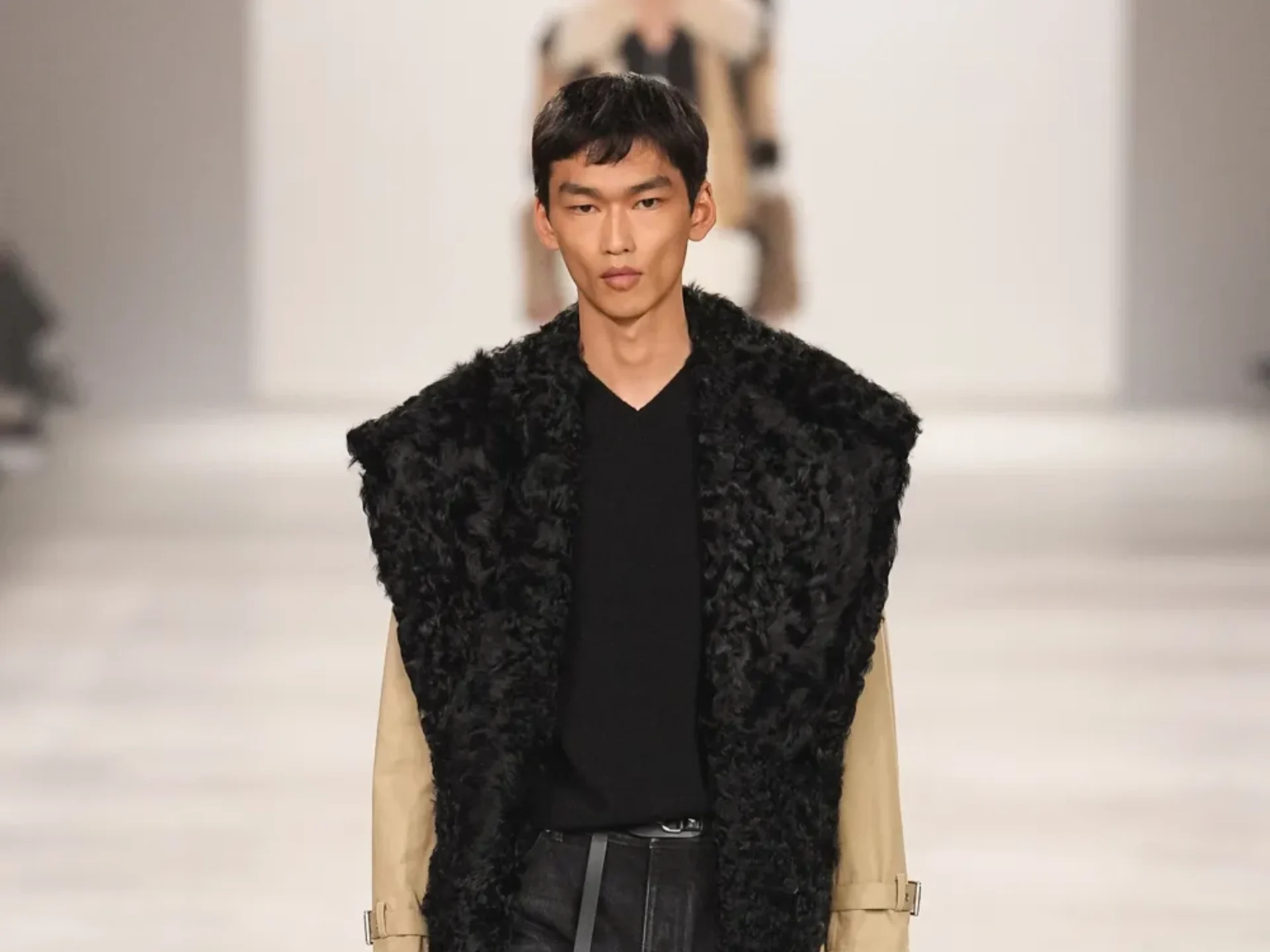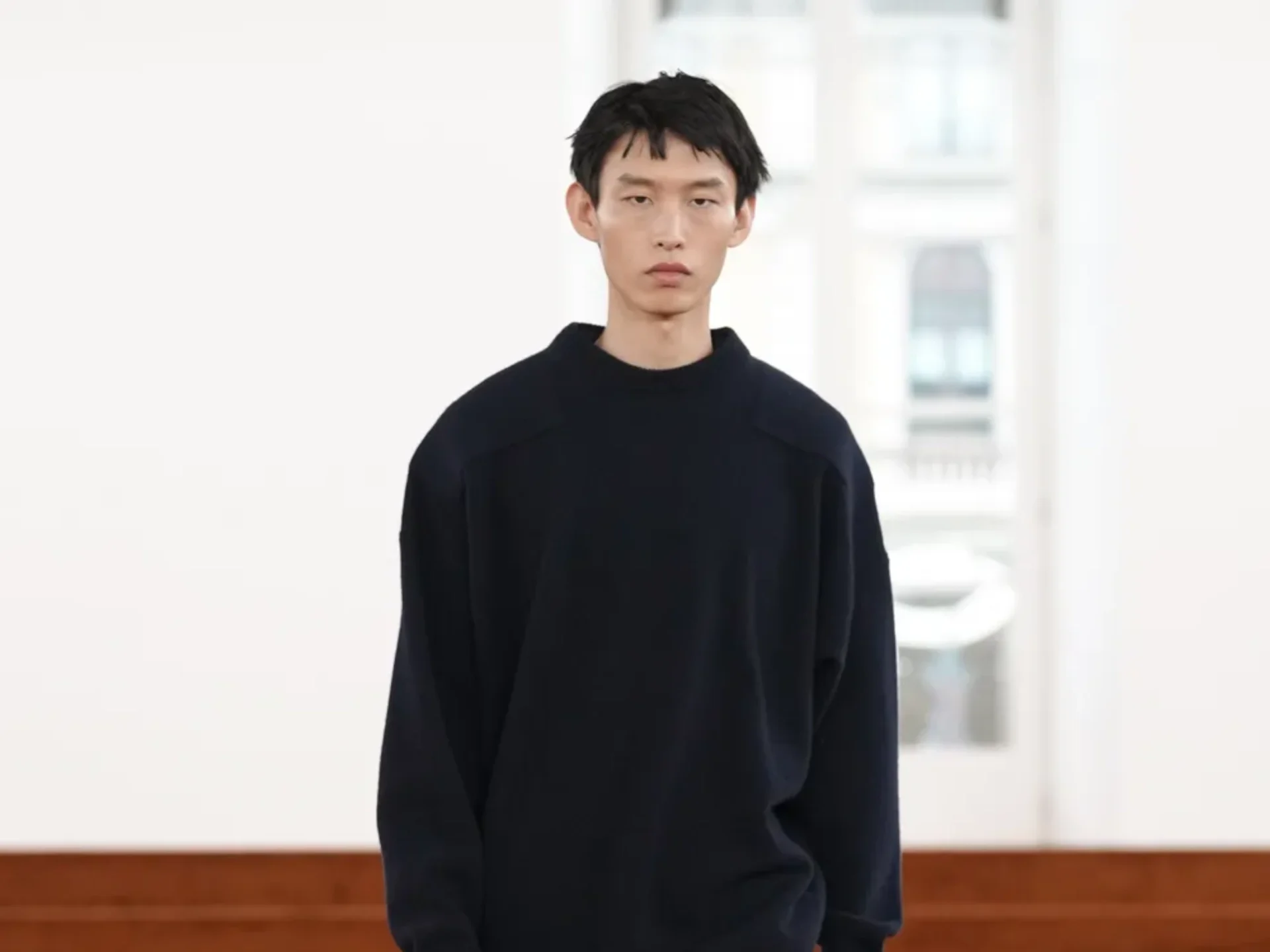Why Everyone from Pedro Pascal to Troye Sivan Is Wearing This T-Shirt
A simple white T-shirt, worn without ceremony at the end of a runway, has become fashion’s most urgent whisper in defense of trans lives
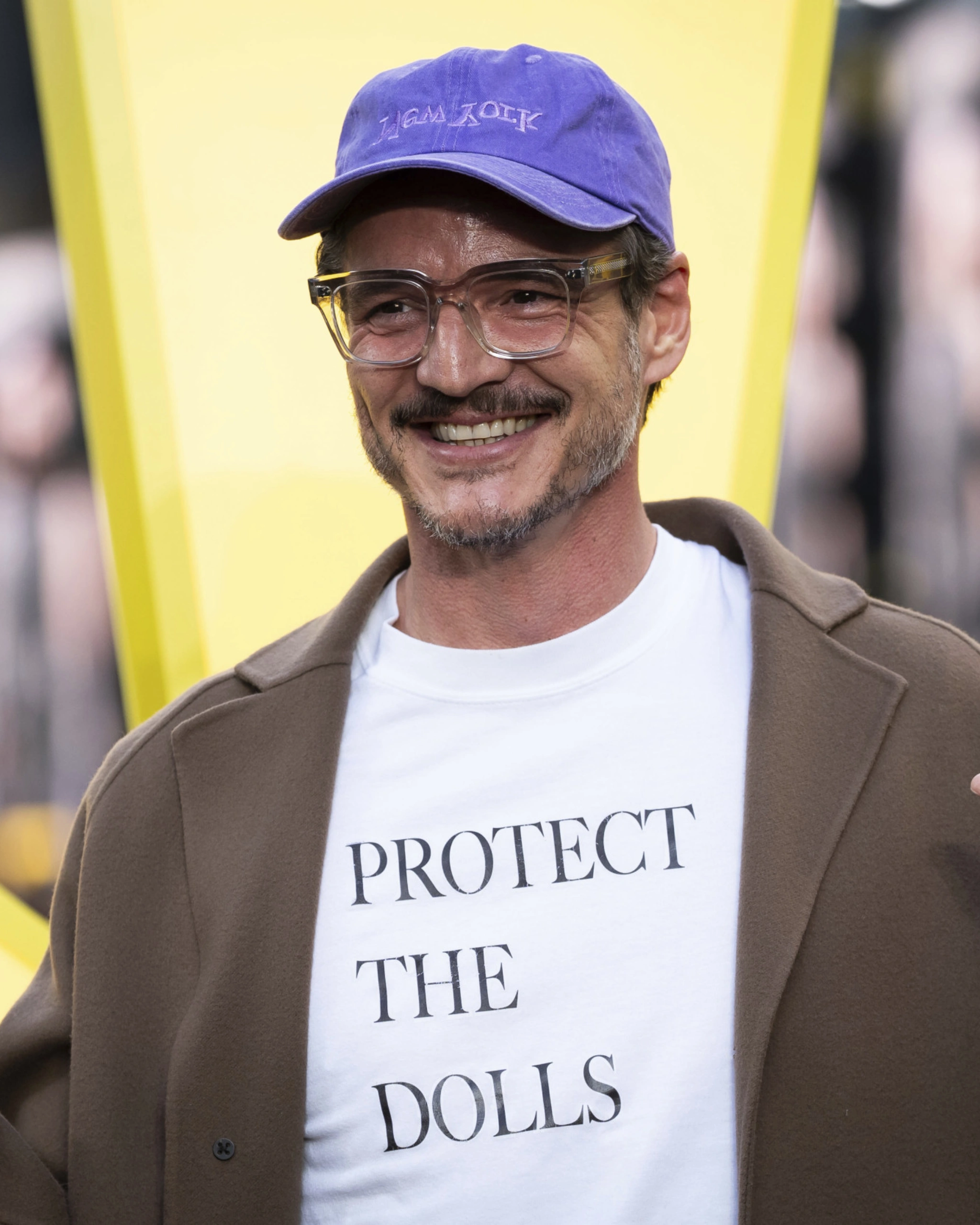
An unscripted moment becomes a message
It wasn’t on the runway. There were no backstage fittings or stylists fussing with its hem. And yet, the simple white T-shirt Conner Ives wore as he stepped out for his post-show bow in February has quickly become one of the most visible and subversive garments of the year. In thick black lettering, it bore three words: “Protect The Dolls.” It was not a part of the Fall 2025 collection he had just unveiled. It was, instead, a decision—impulsive, urgent, and precise.
To the uninitiated, “the dolls” might seem flippant, but the term carries a lineage of resilience and affection. Rooted in queer vernacular and ballroom culture, it refers to trans women—those who have long existed both at the heart and fringes of fashion, at once its muses and its casualties. The phrase, emblazoned across the chest of Connor’s tee, functioned as an invocation: a protective spell, casual in tone but pointed in meaning.
In the weeks following the show, the shirt—unofficial, unsanctioned, unadvertised—began to circulate with the force of a movement. It was already off-menu and already in demand. Connor, whose trans models and collaborators are more than just muses but kin, had not planned to produce it for sale. But demand, that unruly current that defines contemporary fashion, surged beyond aesthetics. He relented.
Endorsement without the machinery
The shirt, now sold out online, has become a lightning rod among celebrities. Pedro Pascal wore it twice—once during his private 50th birthday celebration and again, under the flashbulbs of the Thunderbolts* premiere in London. The double appearance was not performative; his sister, Lux Pascal, is a visible and vocal trans woman. Troye Sivan, more accustomed to minimalism than slogan, wore it with studied restraint during Charli XCX’s Coachella set, while Addison Rae and Tilda Swinton—icons on opposite ends of the cultural spectrum—have also appeared in it, suggesting that the message has leapfrogged demographics entirely.
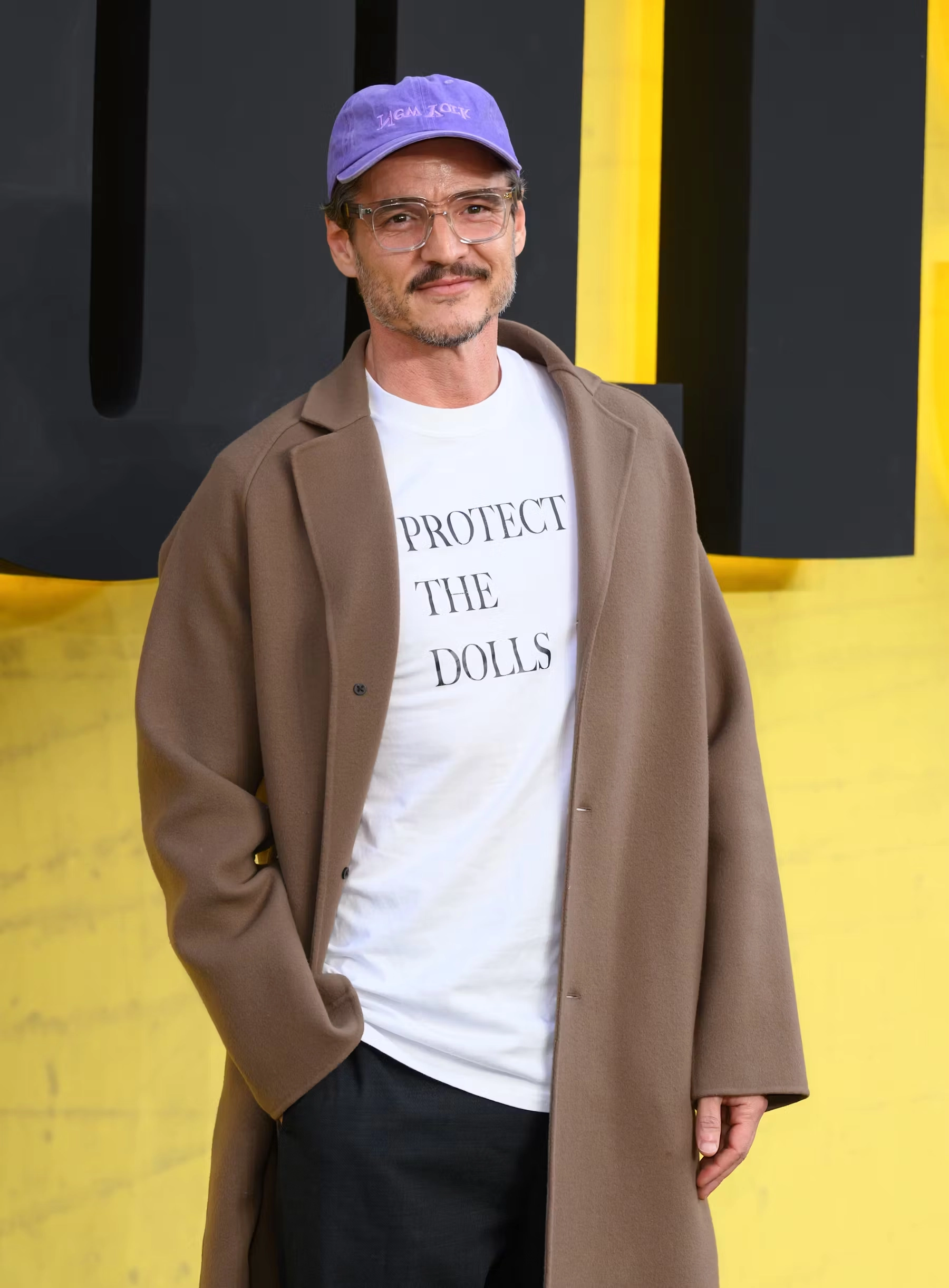
That it resonates now is no accident. The shirt’s emergence coincided with a fresh wave of anti-trans legislation in the United States, including executive actions by their administration aimed at legally erasing trans identities. Against such a backdrop, the act of wearing a shirt becomes more than sartorial; it becomes strategic.
Still, Connor has resisted the language of resistance. The designer, American-born but based in London, has spoken not of peril but of kinship. His statement was not one of alarm, but of care. The models he calls friends, the women who inspire his work, the “dolls” whose beauty shaped his vision—they are the reason, not the reaction.

No free shirts, just real support
Importantly, the T-shirts are not gifted. Connor confirmed on social media that each celebrity purchased theirs, a significant gesture in an industry where borrowing is the norm and statements are often packaged by publicists. As of early May, sales of the shirt had raised more than $250,000 for Trans Lifeline, a nonprofit that offers crisis support and direct aid to trans people in need.
If fashion’s history is cluttered with empty slogans and appropriated causes, Connor’s “Protect The Dolls” is something different—less a campaign than a signal, less a product than a gesture with teeth. That it looks good is beside the point. It speaks well.
Photos courtesy Instagram and Getty Images

